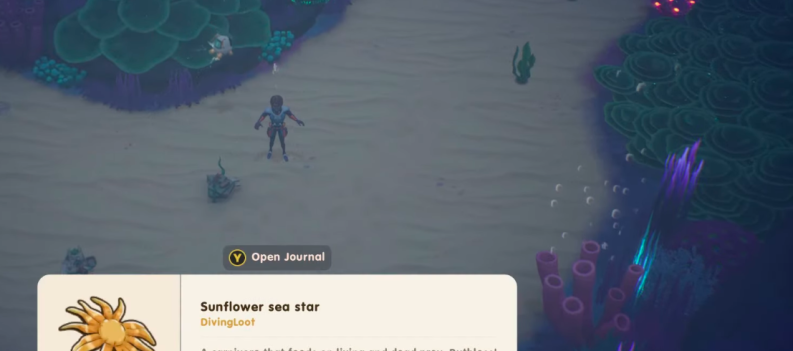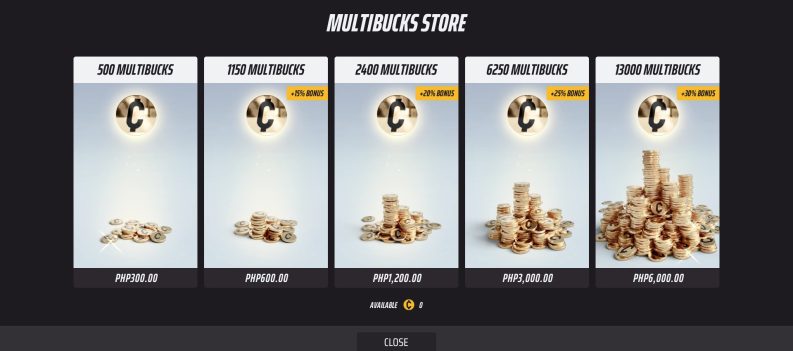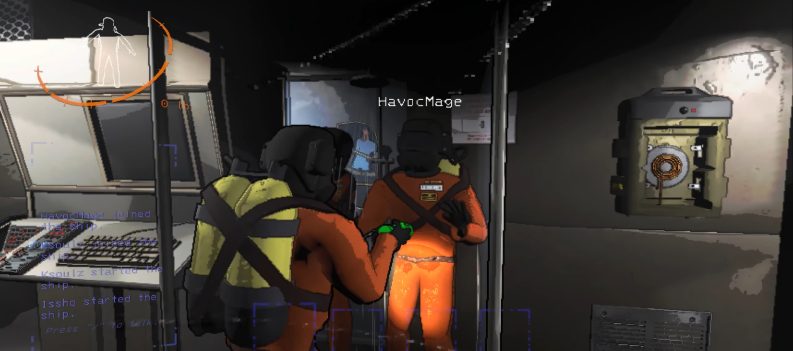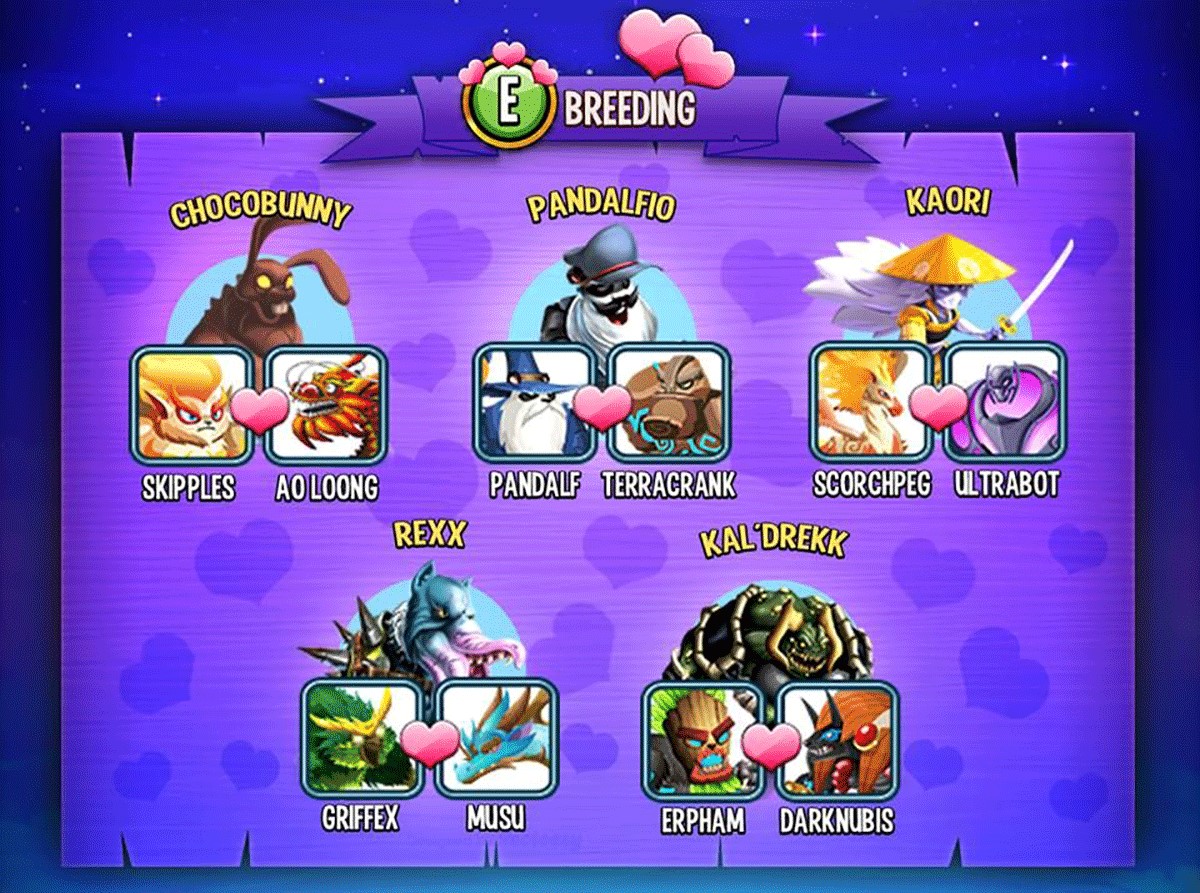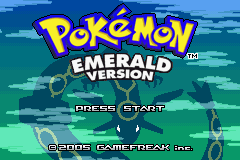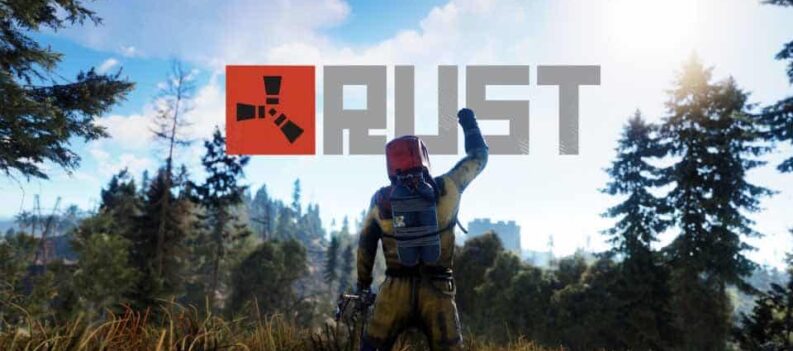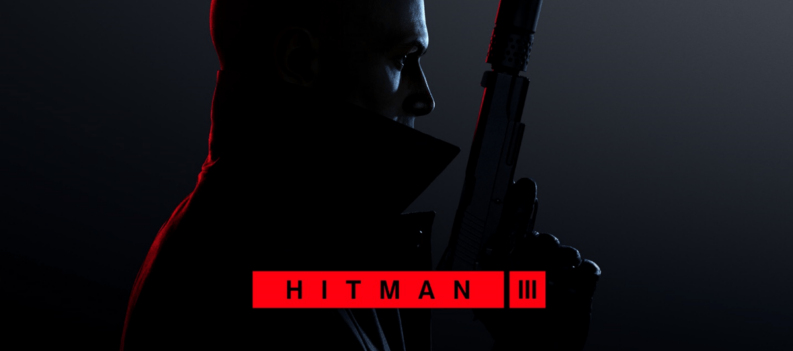As I rise from my bed I make a mental check list of all the jobs I need to complete today. I have a commission for the builders guild which means I’ll have to venture into the Ancient Ruins at some point, and Antoine has advised me the Mayor wants a word. Meanwhile I’m smelting some Iron in my furnace, and I need to check up on the pumpkins I have growing out in the yard.
And so begins another day in the city state of Portia, where a wealth of systems combine to create a game that is both charming and oddly relaxing to play. My Time at Portia doesn’t take long to get its hooks into you, but luckily you quickly become a whizz at mastering its many parts. Behind the bright, cutesy graphics lies a game that has depth and an intrinsic rewards system that drip feeds you at a solid pace to ensure you never get bored for too long.
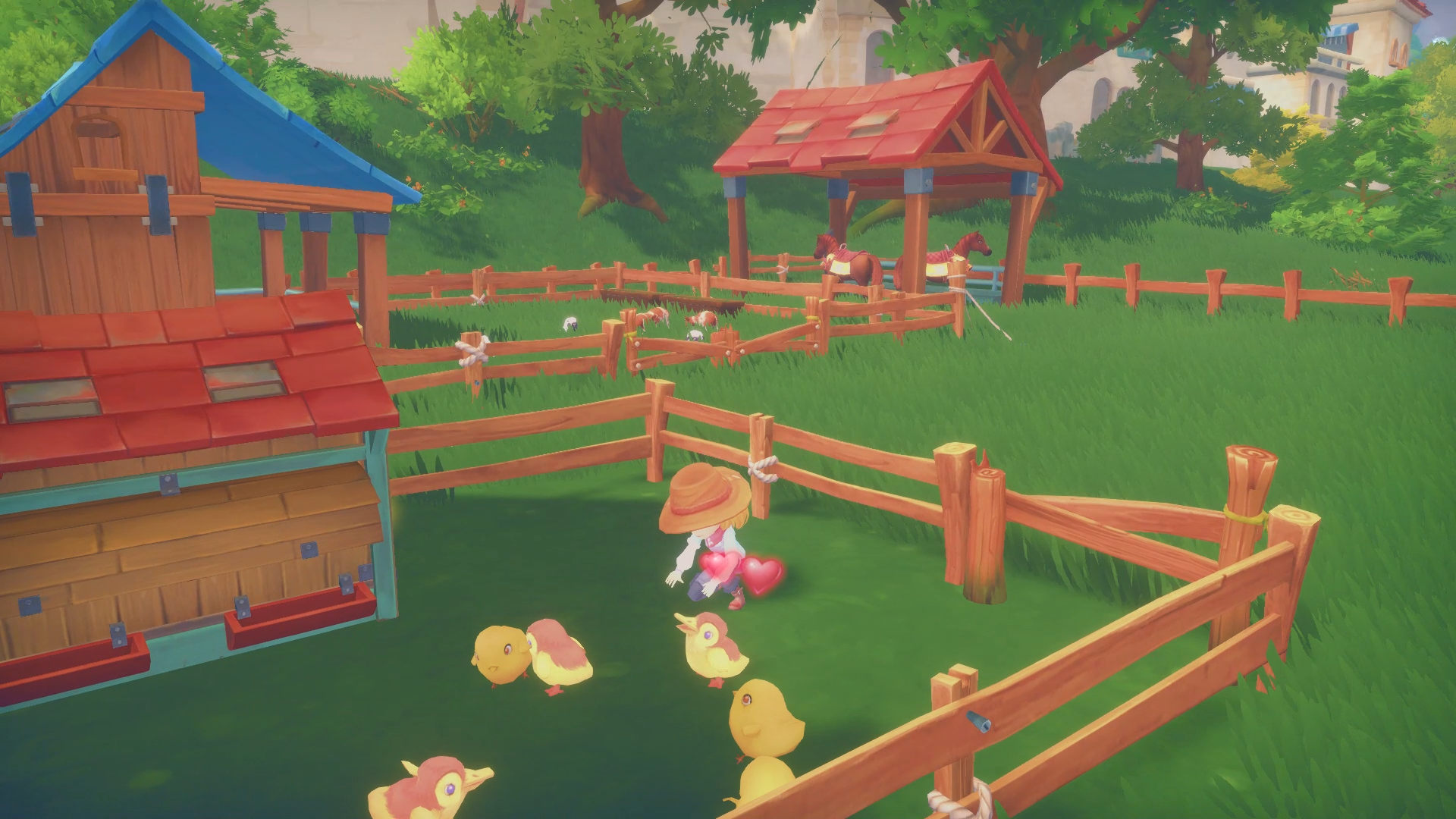
My Time at Portia begins as you return home to your father’s workshop, which has been left in your care after he has set off to travel the world. As the new builder in town you must register at the builders guild, where you can claim commission’s for the folk around town to earn experience and rewards. Such a simple system works well to introduce you to the mechanics of crafting. Visiting the guild is easy enough, with the commission’s available easy to spot by visiting the notice board in the corner of the room. As your expertise around town increases, these commission’s increase in difficulty, while serving as a tease as to what could be created should you have the right materials to hand.
As with all crafting games, the challenge is in collecting as many different materials while you’re out on your travels, before returning home and using them to create a variety of items. Mining with a pickaxe, chopping trees down with an axe, and collecting resources from monsters slayed with a sword are the main means of collecting resources out in the wild, before using them in a variety of ways to craft components. Ore can be smelted, furs can be turned into leather, or wood can be cut into planks, and all need the right tools for the job. These too need to be crafted and then ultimately upgraded to provide avenues to better resources as you play. One of the things I really enjoyed about My Time at Portia was the pace in which this played out, as there was always something that needed organised which kept me invested. As soon as I felt my current build was starting to feel stale, another component would come along that would open up a whole new area to explore and invest my time in. This has always been the reason for my attention waning away from games like this in the past, so it was refreshing to see new things injected at reasonable points as opposed to having items teased that were always that little bit out of reach.
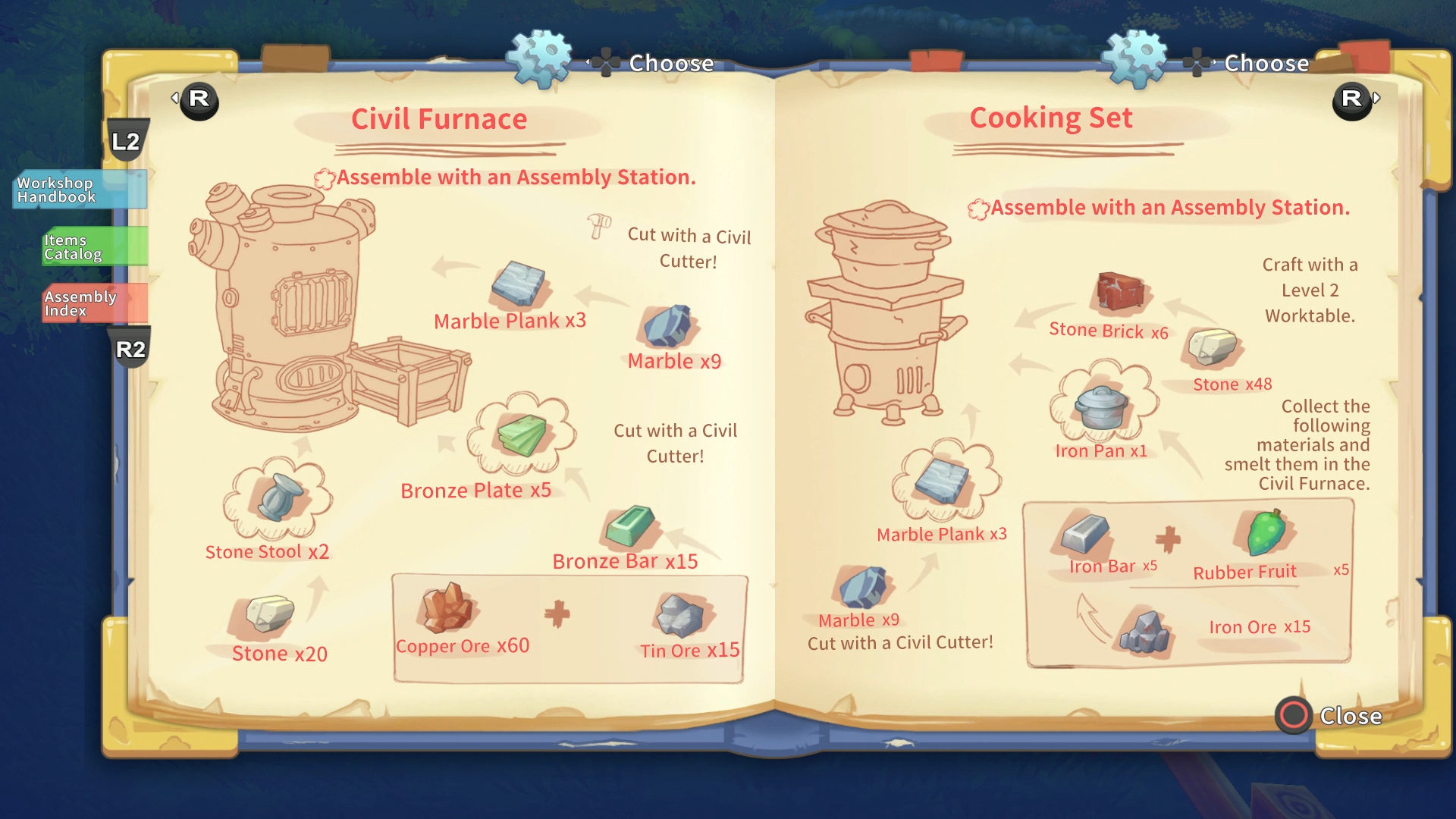
The whole collect resources and use them to craft items mechanic isn’t new, but My Time at Portia uses a timing mechanic to further change the way you play. Smelting copper ore takes time, and you have to think of this when completing commission’s or other quests given out as you explore the town and surrounding area. Some things are quicker to make than others, and many of the commission’s you pick up have a time limit for completion. This never feels too punishing, but it is something to be aware of as you delve deeper into the game and end up with multiple quests on the go. Is it worth accepting a quest for some wooden chairs to get a quick but minimal boost in gold, or is it worth accepting that bigger commission which although it is trickier to complete, offers far more lucrative rewards? Such are the dilemma’s that I was frequently facing, but I never felt over burdened or suffocated with my decisions.
As I said, My Time at Portia is a surprisingly relaxing affair, and comparison’s to Stardew Valley are a fair and obvious one to make. Building up your homestead, crafting items, and venturing out to do battle are all comparable, right down to how you charm and socialise with the townsfolk. Chatting to the many villagers can itself be lucrative, but doing so will increase your standing with them. Completing quests for them helps, as do playing a variety of mini-games that can be accessed upon talking to the different citizens dotted about town, such as sparring with them which turns My Time in Portia into a simple beat ’em up, or in a game of Rock, Paper, Scissors. All will generally have a positive impact on your relationship with that person, offering up rewards such as the odd item or even a discount in their shop. Should you invest heavily in this you can even charm them into marriage which itself opens up a few more avenues to explore, such as having them work in your workshop, but it wasn’t something I really spent a lot of time doing unless it was required for a quest or commission that I wanted to complete.
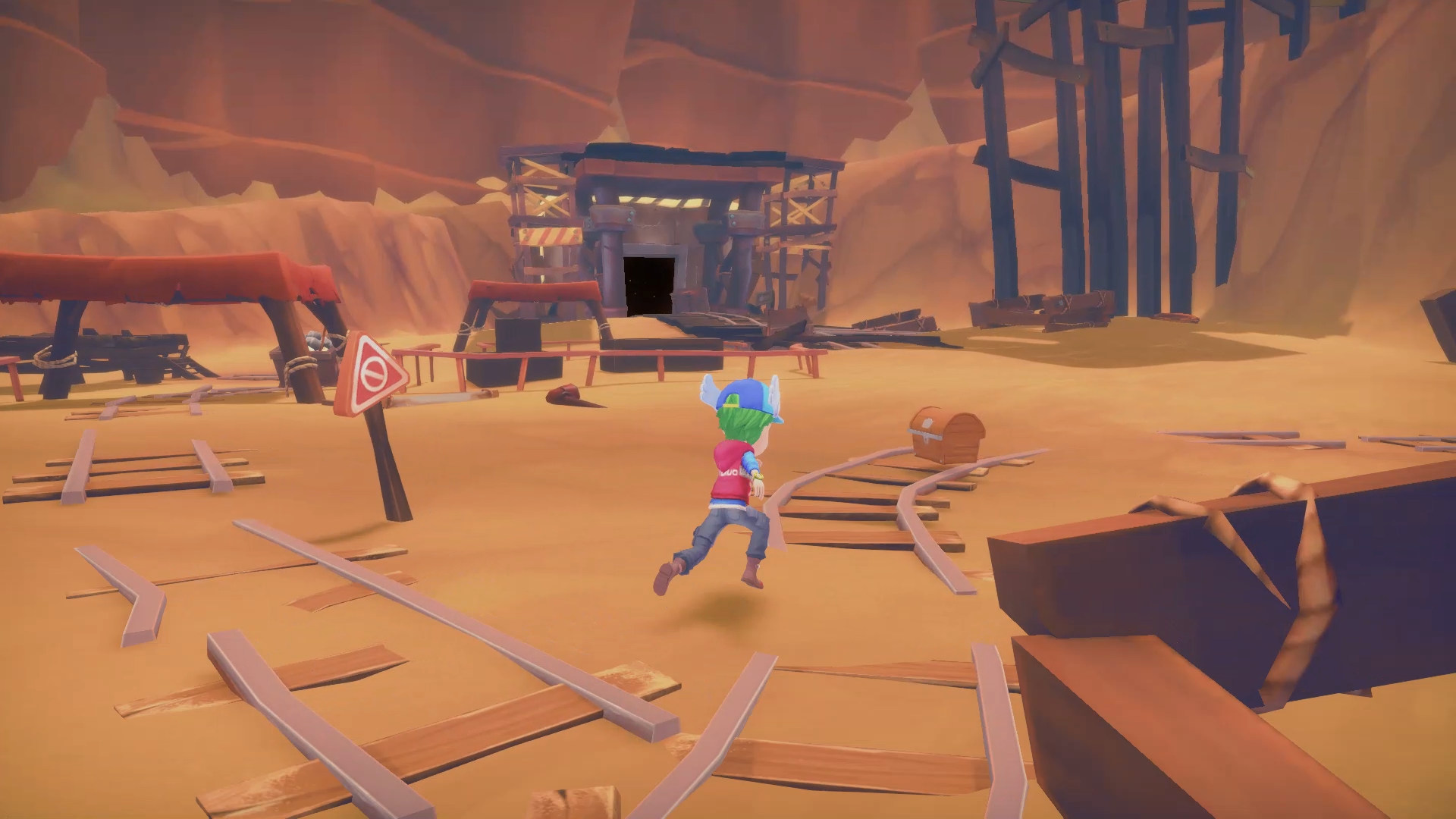
Amongst the many crafting mechanics, My Time at Portia does have some light RPG elements. Many of the tasks you undertake offer up the fabled experience points, that upon levelling up grant you skill points that can be invested in to one of three different trees. One tree focuses on social, another on crafting, and a last on battle. All have a variety of benefits that support you in how you play, from doubling loot drops or giving better defensive stats, and I found I would vary what I was investing in depending on my stage in the game. Being honest, I massively invested in the crafting and battle bonuses, but hardly looked twice at the social stats, as this is what suited the way I was going about my business.
Exploring the town and nearby area are fun side activities all on their own, with the map opening up more areas as you progress. Dungeons take the shape of Ancient Ruins, and I was surprised at how fun I found these relatively simple side quests. When you venture into your first ruin you are given a pair of goggles that can be used to spot and tag relics, and a jet pack which can be used to boost your way around should you end up stuck in a hole. Armed with nothing but your pick axe you chug away, uncovering relics and a variety of ores and items that can be used in crafting when you return to you workshop. This simple act of mining was oddly relaxing, and I was glad of the jetpack on more than one occasion as I ended up with a maze of tunnels that I had carved out for myself. These tunnels would snake in all sorts of directions as I ploughed my way through the rock on the way to the nearest treasure.
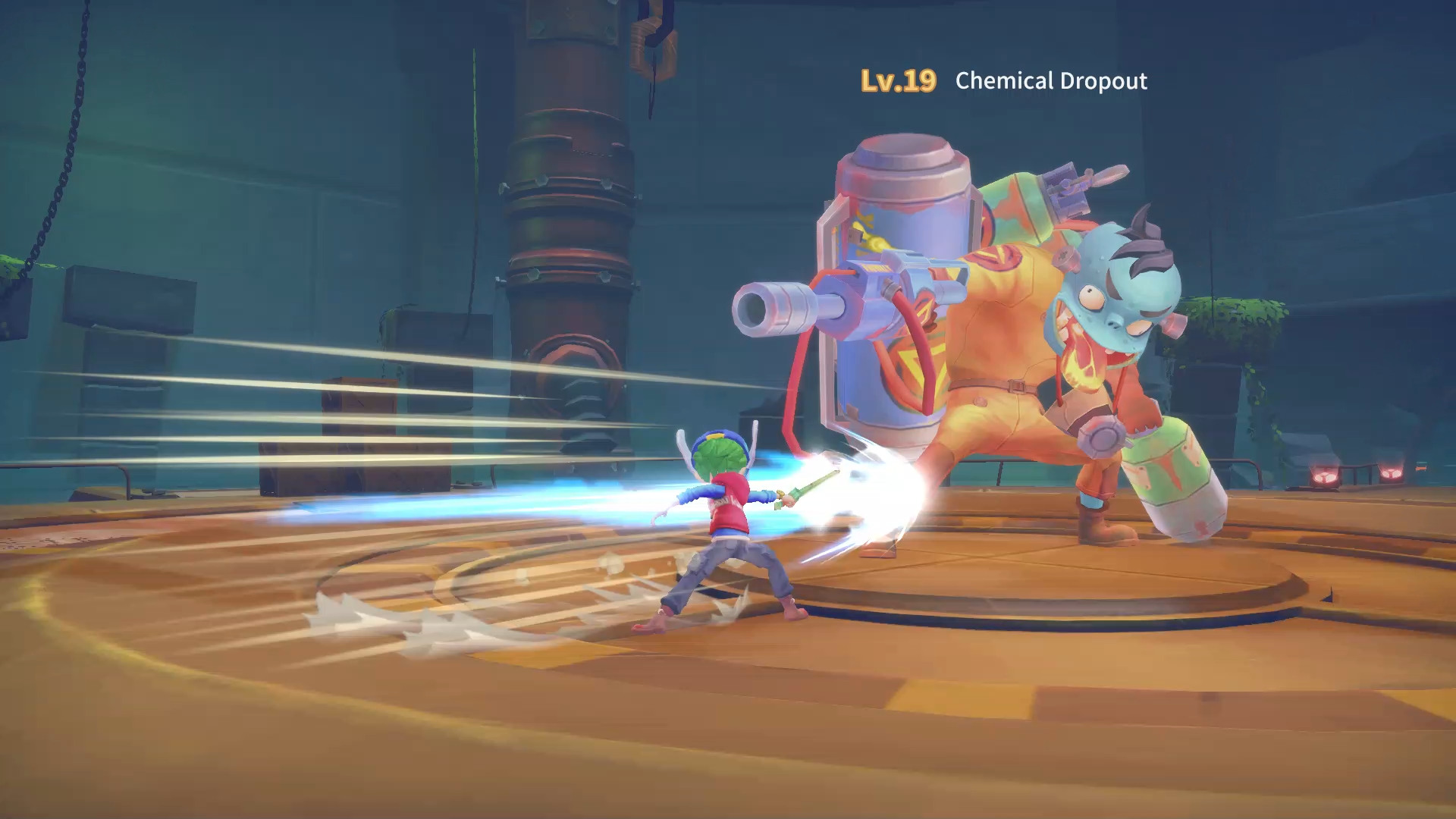
Often items I would find would indicate that they were 1 piece of a set, and I quickly became invested in collecting the other pieces like some odd jigsaw. Upon collecting them all I was then able to take them to the research centre in town, where they could then be pieced together and placed in my home, which in turn would offer attribute bonuses, such as to health and stamina. Although not a crucial gameplay element, I found myself hunting out these pieces to furnish my house with, regardless of what stats they offered upon completion.
My Time at Portia is not a hard or taxing game – but nor does it try to be. There are tricky parts, and indeed I did die on more than one occasion, but all I had to do was load the latest autosave from the beginning of that day and start over, no harm no foul. With persistence and a bit of forward planning, most of the difficult aspects are quickly overcome, and this is where the enjoyment lies. Planning ahead and venturing out with weapons and armour that you have purposefully bought and crafted, after in-game days or even weeks feels incredibly rewarding, as do the farming and mining aspects that all come together so well. On their own the many different elements that My Time at Portia tries to bring together don’t really stand out, but together they truly make My Time at Portia greater for the sum of its parts.
My Time at Portia PS4 Review
-
Overall - Fantastic - 8.5/108.5/10
Summary
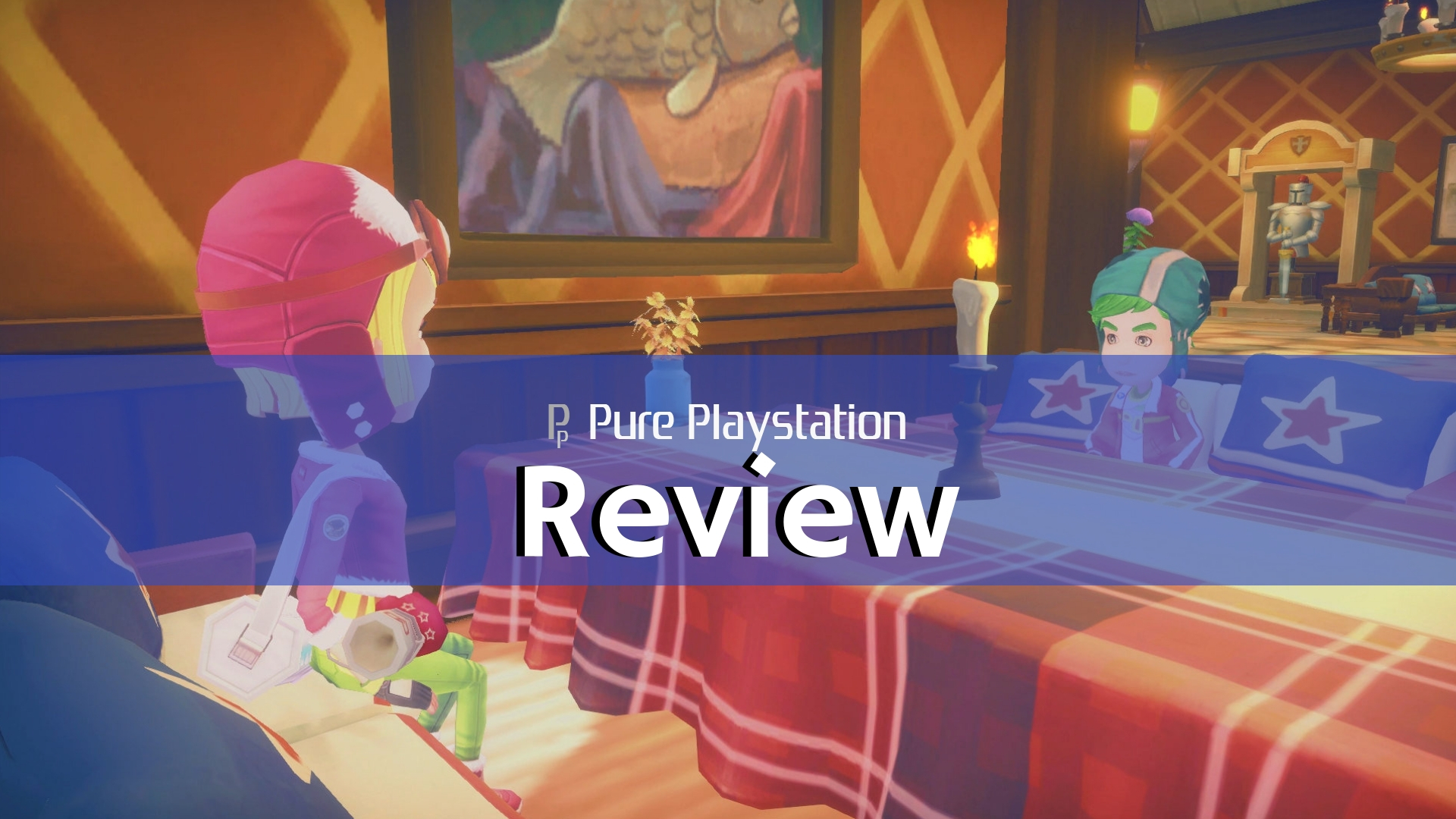
Although My Time at Portia doesn’t do anything new or different, its mixture of crafting, farming, exploring and mining, with some light RPG-fare to boot, is a refreshing and relaxing take on what is quickly becoming an overcrowded genre. If you enjoyed Stardew Valley and others of similar ilk, you will find something to like here.
Review Disclaimer: This review was carried out using a digital copy of the game provided by the publisher. For more information, please read our Review Policy.
Reviewed using base PS4.



